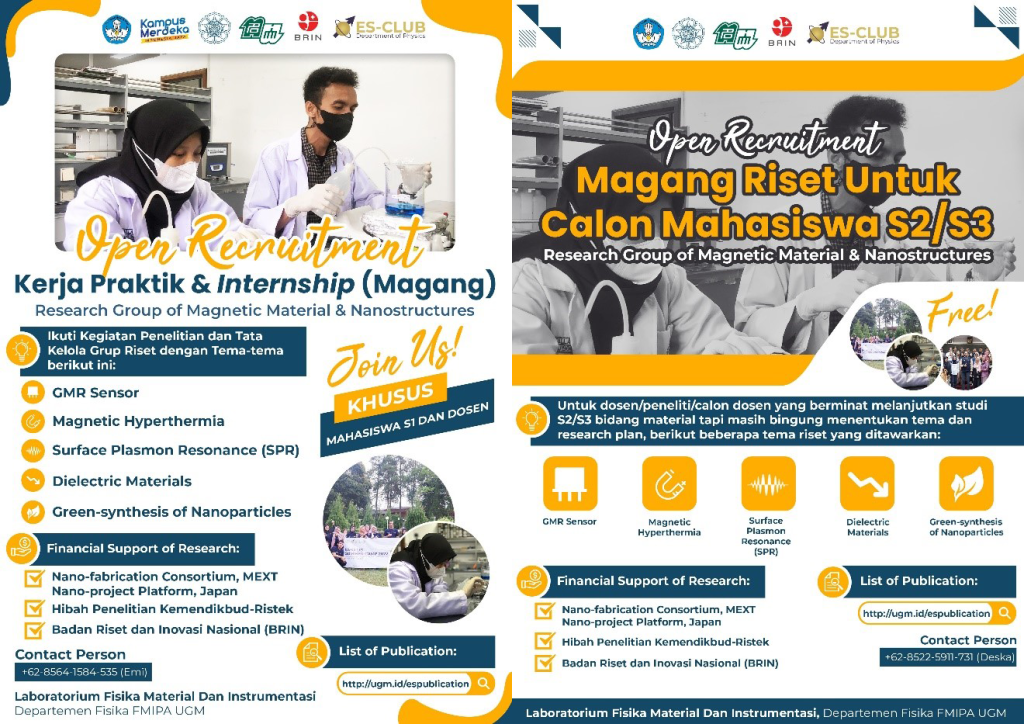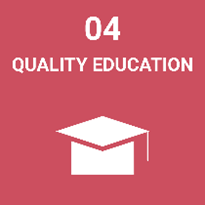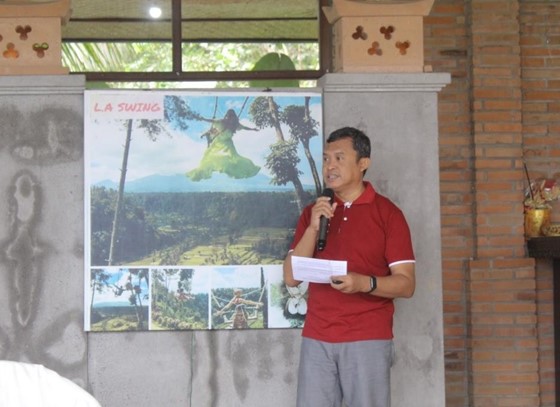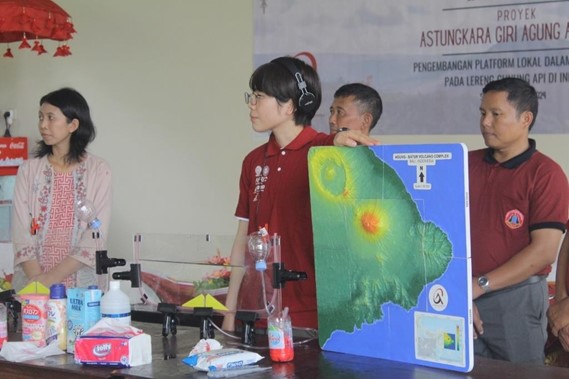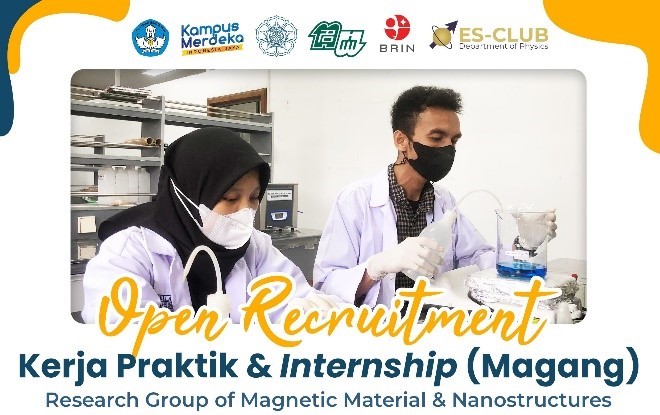
Supporting the Independent Campus Program, Material Physics at UGM Offers Opportunities for Practical Work, Internships, and Research Internships
In early 2024, the Electron Spin Research Group (Magnetic Material & Nanostructures) under the auspices of the Material Physics and Instrumentation Laboratory at the Faculty of Mathematics and Natural Sciences, Gadjah Mada University (UGM), once again opens opportunities for practical work, internships, and research internships. Practical work and internship opportunities are available for undergraduate students and lecturers, as part of the effort to support the Independent Campus Program. Meanwhile, research internship opportunities are open to prospective postgraduate (Master’s or PhD) students interested in pursuing studies in the field of materials.
Announcement for open recruitment of practical work, internships, and research internships in 2024 by the Electron Spin Research Group at UGM
Students or lecturers interested in joining can participate in research activities and group management according to the research themes offered. The research themes offered by the Electron Spin Research Group this time are quite diverse, including GMR Sensor, Magnetic Hyperthermia, Surface Plasmon Resonance (SPR), Dielectric Materials, and Green-synthesis of Nanoparticles.
In addition to gaining research experience with experts in their field, the practical work, internship, and research internship programs provide financial support from several partner institutions. These partner institutions include:
- Nano-fabrication Consortium, MEXT Nano-project Platform, Japan
- Research Grant from the Ministry of Education and Culture (Kemendikbud-Ristek)
- National Research and Innovation Agency (BRIN)
Moreover, the Electron Spin Research Group has produced many publications published in reputable journals. The list of publications can be accessed at the link http://ugm.id/espublication. Often, members of the Electron Spin Research Group attend both national and international conferences and frequently receive prestigious awards.
The practical work, internships, and research internship opportunities offered contribute to advancing the fourth pillar of the Sustainable Development Goals, which focuses on promoting quality and inclusive education. Undoubtedly, enhancing the quality of education will facilitate the accomplishment of other SDG objectives and targets.
Keywords: Internship, research, Physics, education
Author: Rafida Salma Rahmawati
Images: Department of Physics
Editor: Febriska Noor Fitriana
